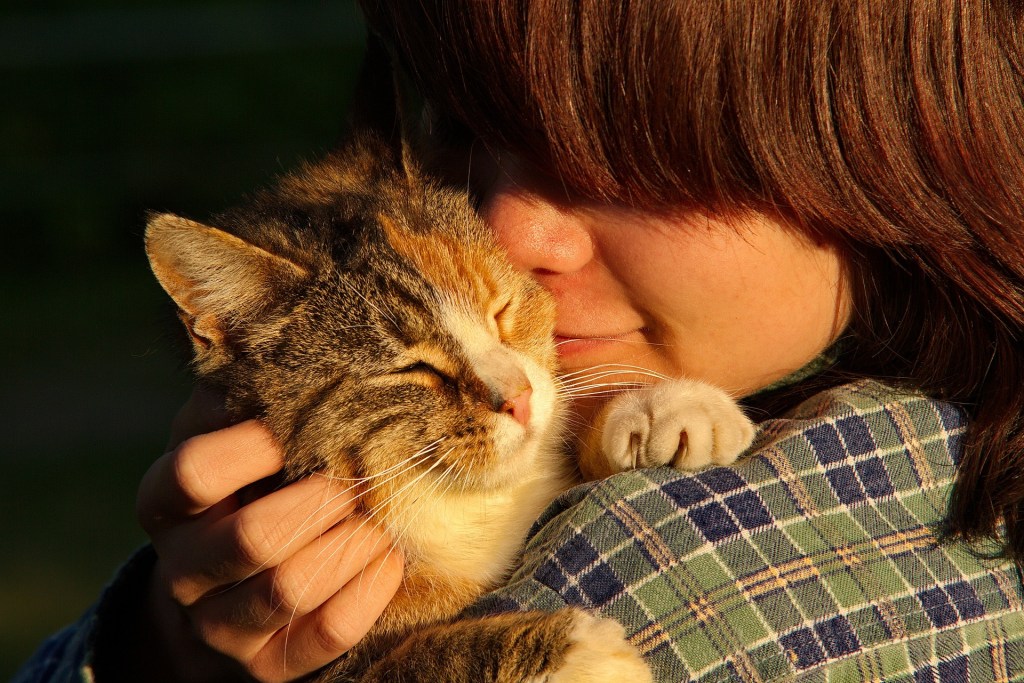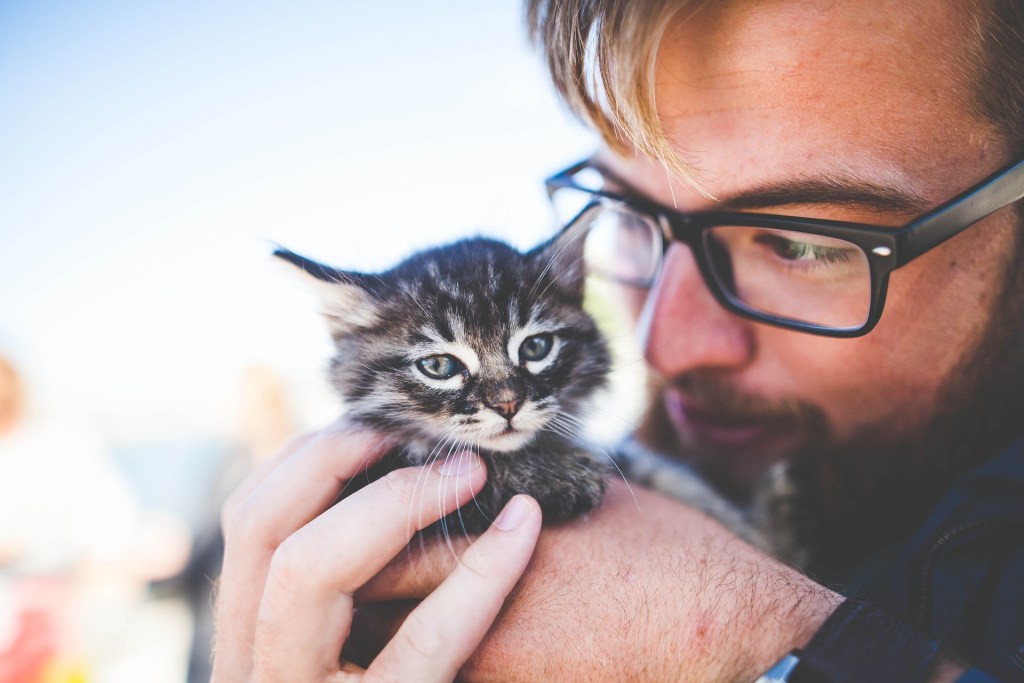Cats and dogs have traditionally been considered polar opposites, but just how true is that assumption? A new study reveals interesting insights into feline behavior and why cats don’t act like dogs in some situations. The study tested cat loyalty to their owners and their reaction to strangers when food is in the picture. What do you think your cat would do — would he willingly accept food from a stranger who was your enemy? Or would he pick up on social cues and remain loyal to you, refusing the food unless it was offered by someone who was a good friend to you? The results might surprise you, but they offer a fascinating look at how cats think and behave.
A study on dog behavior
This new study’s origins actually start with another study published by researchers in Japan. That original 2015 study evaluated how dogs would respond when people didn’t treat their owners well. Dogs were exposed to a situation where a stranger was in a position to help their owner move junk. In some instances, the stranger would help, but in other tests, the stranger would turn their back on the owner, leaving the owner to struggle, even after the owner had asked for help. A third person was present in the room but didn’t interact with the owner, and that person served as a control.
After the test, the stranger offered the dog a treat. When the stranger helped the owner, dogs were as willing to take the food as they were to take it from the control person. However, when the stranger ignored the owner’s requests for help, dogs tended to avoid the food that the stranger offered more frequently.
The study results suggest that dogs may be able to observe and learn from social situations. They appeared to remain loyal to their owners, turning away food when the stranger had been unhelpful to their owners’ needs.

A study on cat behavior and loyalty
Dogs apparently exhibited loyalty to their humans, but what would cats do? Those same researchers replicated the experiment with cats, and the results were just published recently.
The study evaluated cat behavior when exposed to the same type of situation used when studying the dogs. Cats were in a room and watched as their owners tried to open a clear container to remove an object. Their owners would then ask for help from a stranger who was also in the room. A third person was also present but didn’t interact with the owner.
In each instance, the owner asked the stranger for help. In some tests, the stranger would help, while the stranger would ignore the owner in other instances.
The study found that the cats, which completed four trials each, didn’t show a preference when taking food from the stranger or the third person present in the room. The cats also didn’t avoid taking food from either person, suggesting that cats might not have the same ability that dogs appear to have to assess and understand social situations. This might be because cats haven’t been selectively bred to communicate and work with humans. It’s also possible that, while cats didn’t understand this specific instance, they might be better able to read and interpret other social interactions.

Understanding cat behavior
Based on the study results, you might initially assume that cats aren’t as loyal to their humans as dogs are. However, many factors can play into the study results and how cats behave. Animal behavior is highly complex, and even though humans have long shared their lives with pets, we’re still only beginning to understand what drives their actions and behaviors. A single study doesn’t necessarily mean that we fully understand the results we’re seeing, so it’s best to hold off making any judgments until after multiple studies have been performed. Will your cat loyally shun anyone who does you wrong in life? Probably not — but that doesn’t mean that your cat can’t still be a loyal, loving companion that you happily spend your life with. We’ll just have to wait for more studies to come out to help us learn more about how cats think and behave.


